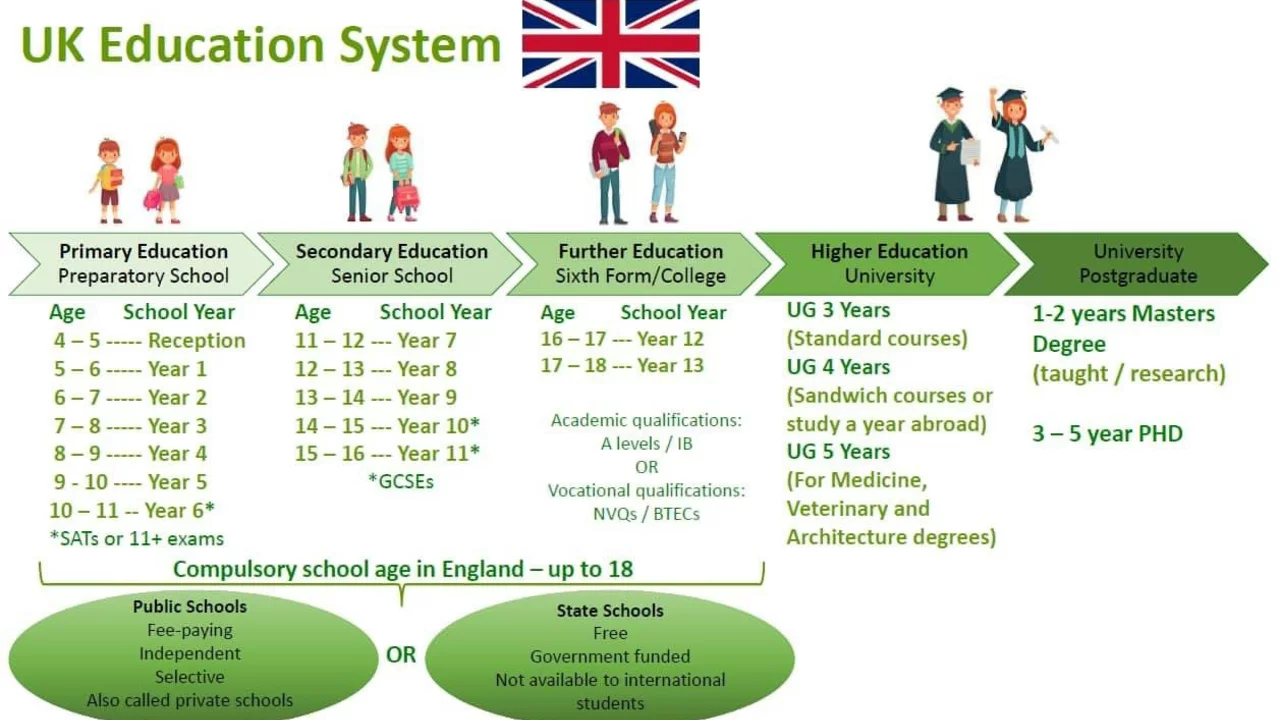Understanding the Concept of Quality in Education
When we talk about quality in education, what exactly do we mean? Is it about having the best teachers? The most advanced facilities? Or perhaps it's about the highest test scores? The truth is, quality in education is a complex concept that varies from one person to another. What one person might see as a high-quality education, another might see as inadequate. This is because the idea of 'quality' is subjective and often influenced by our individual experiences, beliefs, and values.
The Role of Socio-economic Status in Defining Quality
One of the biggest factors that influence how we perceive quality in education is our socio-economic status. Those who come from affluent families may view quality education as one that offers a wide range of extra-curricular activities, advanced learning resources, and opportunities for overseas studies. On the other hand, those from less privileged backgrounds may consider quality education as one that provides basic literacy and numeracy skills, and a safe and supportive learning environment.
Cultural Differences and Quality in Education
Cultural background also plays a significant role in defining what quality education means. For instance, in some Eastern cultures, a quality education could mean a rigorous curriculum and high academic standards, while in some Western cultures, emphasis may be placed on creativity, critical thinking, and individuality. Additionally, indigenous communities may value education that respects and incorporates their cultural practices and traditions.
Impact of Personal Experiences on Perceptions of Quality
Our personal experiences and circumstances can also shape our views on what constitutes a quality education. For example, a person who struggled academically may value an education system that provides robust learning support and values progress over grades. Conversely, a person who excelled academically may view quality education as one that offers challenging and competitive academic programs.
Political Influence on Quality in Education
Political ideologies and government policies can also influence perceptions of quality in education. Some may see a quality education as one that aligns with the national curriculum and prepares students for the workforce. Others may argue that a quality education should foster civic engagement and critical thinking to prepare students for active participation in democracy.
Quality in Education: A Fluid Concept
In conclusion, the concept of quality in education is fluid and multifaceted. It's influenced by a myriad of factors and varies significantly from one person to another. Therefore, when we talk about improving the quality of education, it's important to consider these diverse perspectives and strive for an inclusive approach that caters to different needs and values.
Working Towards a More Inclusive Definition of Quality
Given the complexity and subjectivity of the concept of quality in education, it's crucial that we work towards a more inclusive definition. This means recognizing and validating the diverse perspectives that exist and taking a holistic approach that considers not just academic outcomes, but also social, emotional, cultural, and civic aspects of education. Only then can we truly say that we are providing a 'quality' education that serves the needs and aspirations of all learners.



